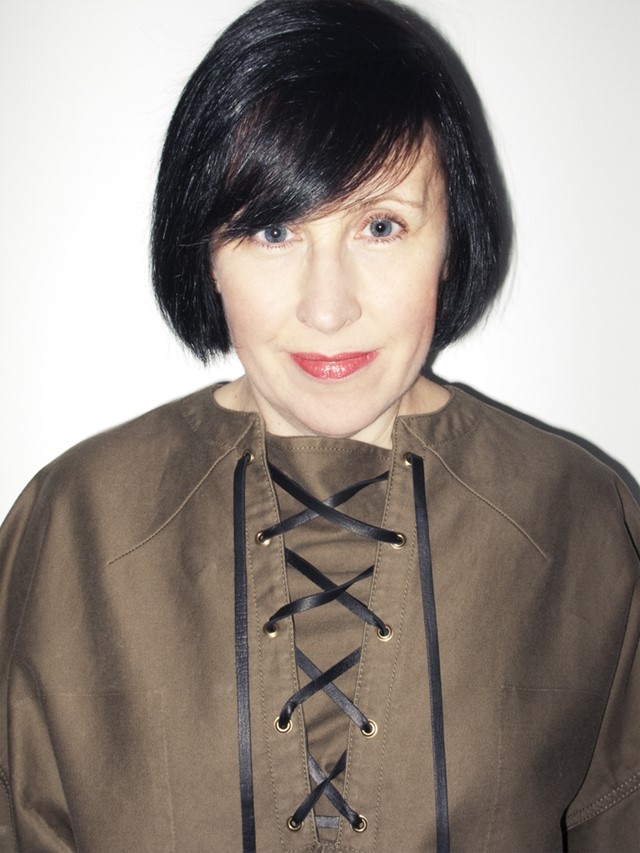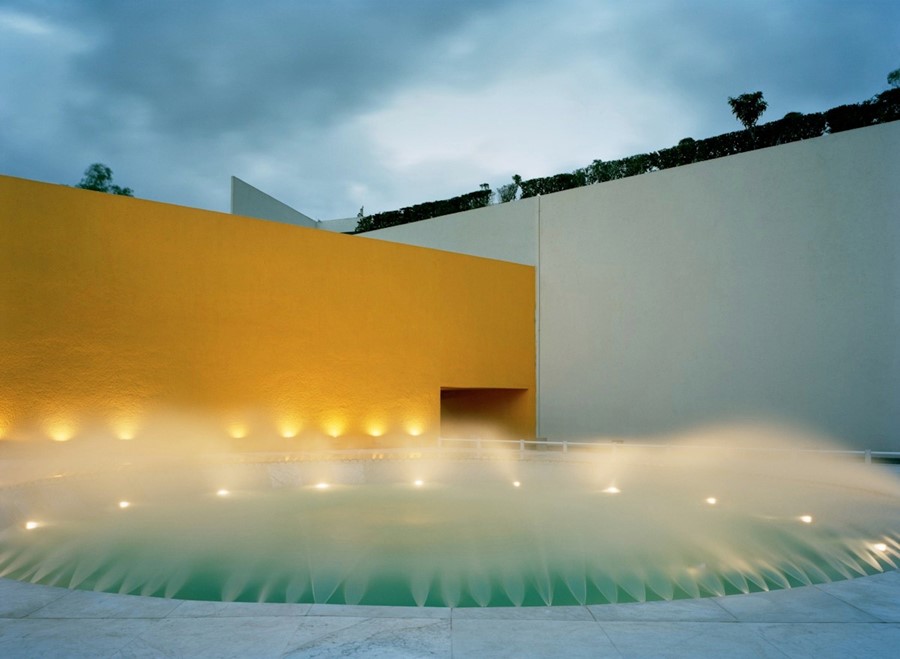Donatien Grau discusses history, art and fashion with leading design critic Alice Rawsthorn
Alice Rawsthorn OBE counts as one of the world’s leading design critics. A regular contributor to the International New York Times, she is also a columnist for Frieze. Amongst her numerous high-profile activities, she was a journalist for the Financial Times and is a trustee of the Whitechapel Gallery and Michael Clark Company, and chair of trustees of the Chisenhale Gallery. Her writings have made her an extremely influential author, who has contributed extensively in shaping the meaning of design – from the conception of objects to fashion (with her 1996 biography of Yves Saint Laurent), to lifestyle. Her most recent book, Hello World invites us to navigate through the network of design world. She recently launched her Instagram which runs regular posts on design projects that interest her.
How would you connect fashion to elegance?
Elegance is one of the many qualities that fashion can evoke, although style generally does so more convincingly.
What is the role of history and art history in your concept of fashion?
I’m a history nut so, whenever I try to understand anything, I like to start by putting it in a historical context, fashion included. Fashion is a useful tool to help us to understand the social and cultural histories of different eras because of the accuracy with which it has mirrored social and attitudinal changes throughout the centuries. And some artists have critiqued fashion brilliantly in their work: from Moroni’s 1560s portrait “Il Tagliapanni”, “The Tailor”; to Richard Hamilton’s late 1960s series of “Fashion Plates” in which he seems to anticipate the impact of digital effects on fashion imagery.
Would you describe fashion as a language and a discourse, as Barthes did?
Absolutely. One of the most appealing aspects of fashion is its expressiveness, in terms of the speed and sophistication with which it articulates the changing nuances not only of societal shifts but our personal identities too.

The word "intellectual" was coined in a time of great political distress. Does fashion have a political role? And in what way?
Fashion has a political role but it is a passive, rather than an active one, as it reflects changes in society – such as the emergence of the women’s and gay rights movements during the 20th century, and the current focus on transgender issues – rather than acting as a catalyst for new developments. Not that this diminishes fashion’s power as a tool for political subversion. Why else was anyone except the emperor banned from wearing purple in Ancient Rome? Or anyone other than the king during Henry VIII’s reign in Tudor England, when no one beneath the rank of knight was permitted to wear a silk shirt? Fashion is so effective at conveying the desire for social and political change that tyrannical rulers throughout the ages have sought to censor and repress it.
"Fashion is fleeting and ephemeral, in a constant state of flux, whereas style is defined by elemental qualities"
How would you relate the concept of fashion to the one of style?
One of fashion’s greatest strengths – and weaknesses – is the speed with which it reinvents itself. Fashion is fleeting and ephemeral, in a constant state of flux, whereas style is defined by elemental qualities, and is therefore stabler, and more durable.
What does fashion have to do with intellectuality?
You can intellectualise about anything if you want to – fashion included. I’d hate this to sound pejorative, as fashion has given me great pleasure over the years, but I don’t think of it as a particularly rewarding field to intellectualise about. Personally, I prefer to think of fashion in terms of its expressivity, sensuality and pleasurability. I often think it’s a shame that some people in fashion seem so desperate for it to be taken seriously, that they are reluctant to acknowledge what fun it can be.
You are a leading authority on design. How does fashion relate to design at large?
Fashion is subject to the same influences as every other area of contemporary design, although it often synthesises them at greater speed than most other disciplines thanks to the dynamics of the commercial fashion system. The most important influences on fashion’s development in the near future are likely to be advances in technology, particularly in wearable sensor-controlled devices, as well as the rising awareness of environmental and ethical concerns, and radical changes in our perceptions of gender identity given the recent surge of interest in feminism and the transgender movement.
You have written about fashion from the point of view of the individual. How does fashion interact with the construction of individuality?
One of the most important and enjoyable aspects of fashion is its contribution to the construction of our personal identities. The choice of what we wear is one of the simplest, yet most powerful ways with which we can assert and express our individuality. I’m always shocked by how strongly I dislike being forced to wear things that someone else has chosen for me. I hate the idea of anyone styling me for photographic shoots, for example. It has nothing to do with the stylists’ choice of clothing, but with the threat it poses to my sense of myself.
Next month Donatien will interview the philosopher Emanuele Coccia.
